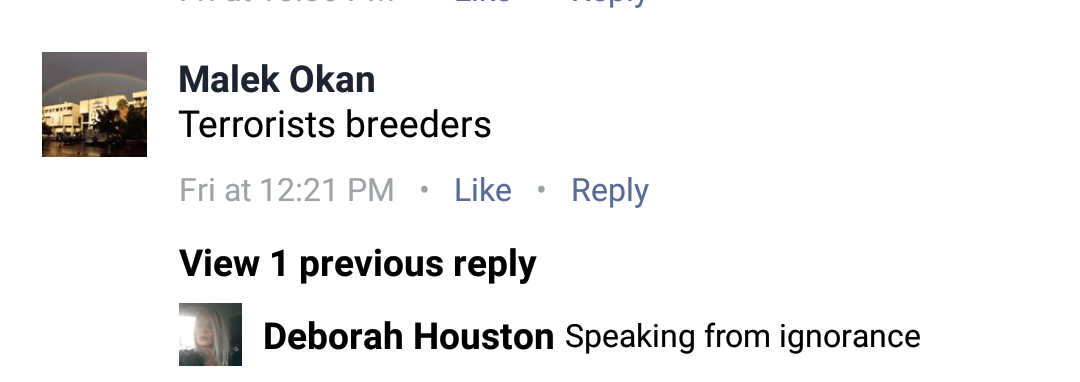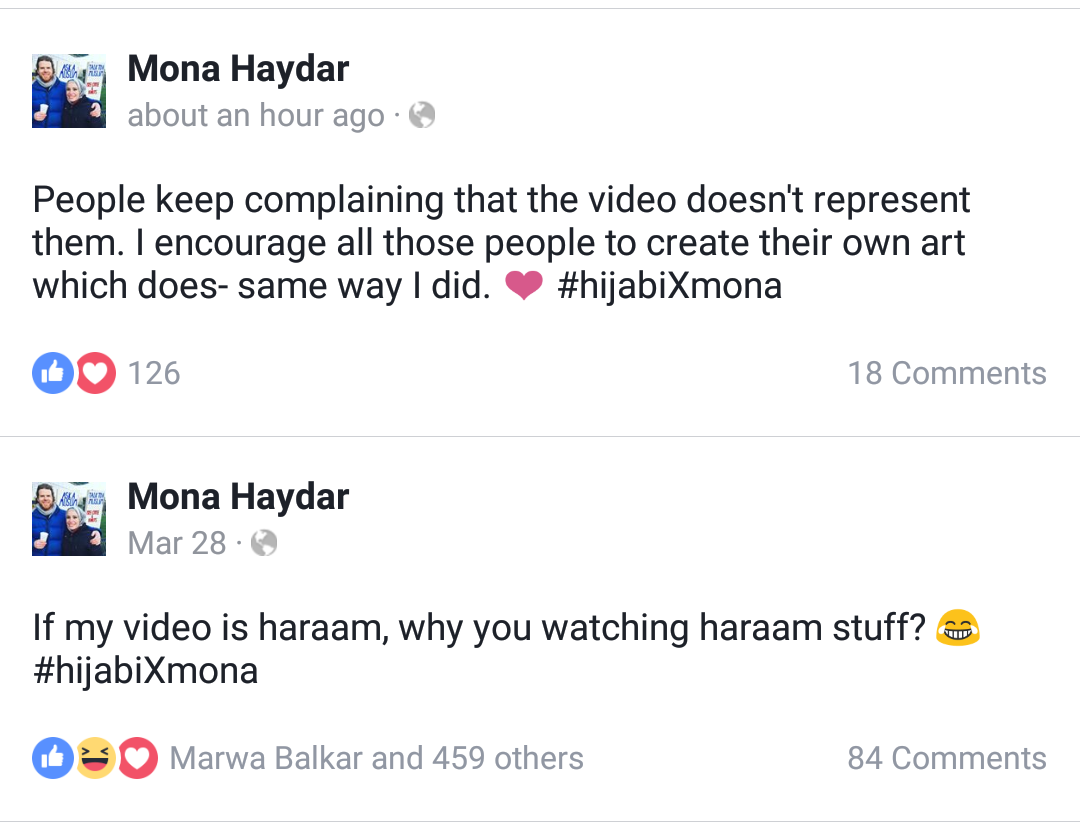Wrap My Hijab Music Video Reveals Sickening ‘Hijabiphobia’
Last week, Mona Haydar — a veiled, Muslim, pregnant, Syrian-American — released a music video commemorating the very first official International Muslim Woman’s Day. Haydar released the video hoping it would combat certain stereotypes regarding veiled women being passive, oppressed, and voiceless.
This is one of those situations when the intention of the artist seems secondary to how audiences have reacted. These larger ideas are what deserve a closer contemplation. There seems to be a specific phobia –distinct from what has been commonly called “Islamophobia” — towards most representations of veiled women and – apparently- towards any attempts at representations. This is why I think it necessary to give this phenomenon a unique name: “hijabiphobia.”

On the one hand, there is a slew of commentators who view such attempts at representing the hijab as problematic; to them, the problem lies in the principle of the veil itself, regardless of context or situation. On the other hand, there is a faction of Muslim commentators arguing that this is a problematic representation of the veil, specifically because they believe that a veiled woman ought to prevent herself from the kind of publicity and exposure that something like a music video may bring.

via: Facebook
The hijabiphobia in both cases seem to originate from both personal and political stances that assume certain things about the veil.


This is not to say that there isn’t an array of commentators who lie somewhere in between. Rather, it is to truly question how holding such extreme positions towards the hijab can easily place people down a track of judgment.
Haydar herself posted several replies to all the negative comments on her Facebook page.

This isn’t an issue to be side-stepped as this phenomenon influences the lives of a large number of Arab women, residing within the Middle East and outside of it.
While the people who hold these opinions rightfully invoke freedom of speech, those exact same commentators have seemingly forgotten about another type of freedom, namely the freedom of artistic expression and representation.
WE SAID THIS: Let us know what you think in the comments section.
